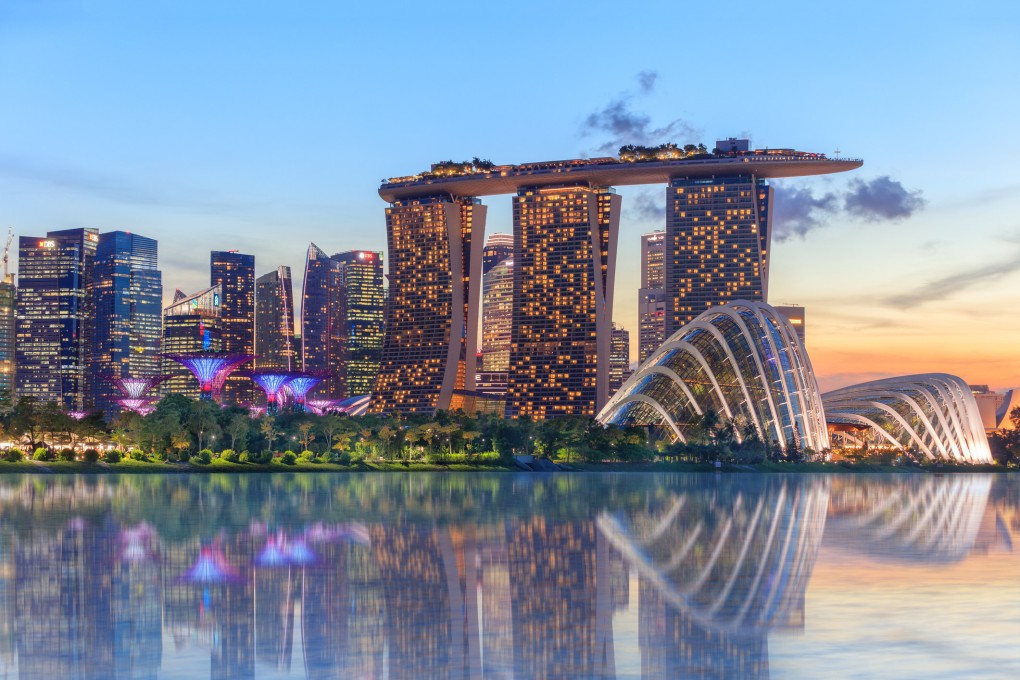Advertisement
Has the Singapore property cash cow been fully milked?
- Soaring real estate prices have taken the sheen off what many see as a golden investment, according to a study by the country’s largest bank
- A shrinking population and tightened policies over foreign workers could also stifle demand, DBS warns, while a younger generation increasingly looks to stocks and cryptocurrencies to grow their wealth
Reading Time:4 minutes
Why you can trust SCMP
2

To Singaporeans like Angela* and her husband, both in their 40s and in the IT industry, investing in property seems like a no-lose proposition.
“If I choose the wrong property, in the worst-case scenario, I can still live in it or collect rental. But if I choose the wrong stock or investment instrument, it is possible to have all my money wiped out,” she said.
Her view is a commonly-held one that has inspired an enduring love affair between Singaporeans and property. Property values have consistently risen over the years in land-scarce Singapore, making millionaires out of many regular working-class citizens. Some opt to invest in a second private property even with hefty taxes in place, such as an Additional Buyer’s Stamp Duty of 12 per cent. Singaporeans generally cannot own two public-housing apartments concurrently.
Advertisement
But the winds are shifting. Investment properties have become increasingly expensive and out of reach even for the middle-class, with a new study showing that the asset class has done poorly over the years.
The younger generation of investors are also turning to new types of investments and turning away from property to fuel their own dreams of financial independence.

A property safe haven
Advertisement
Select Voice
Select Speed
1.00x